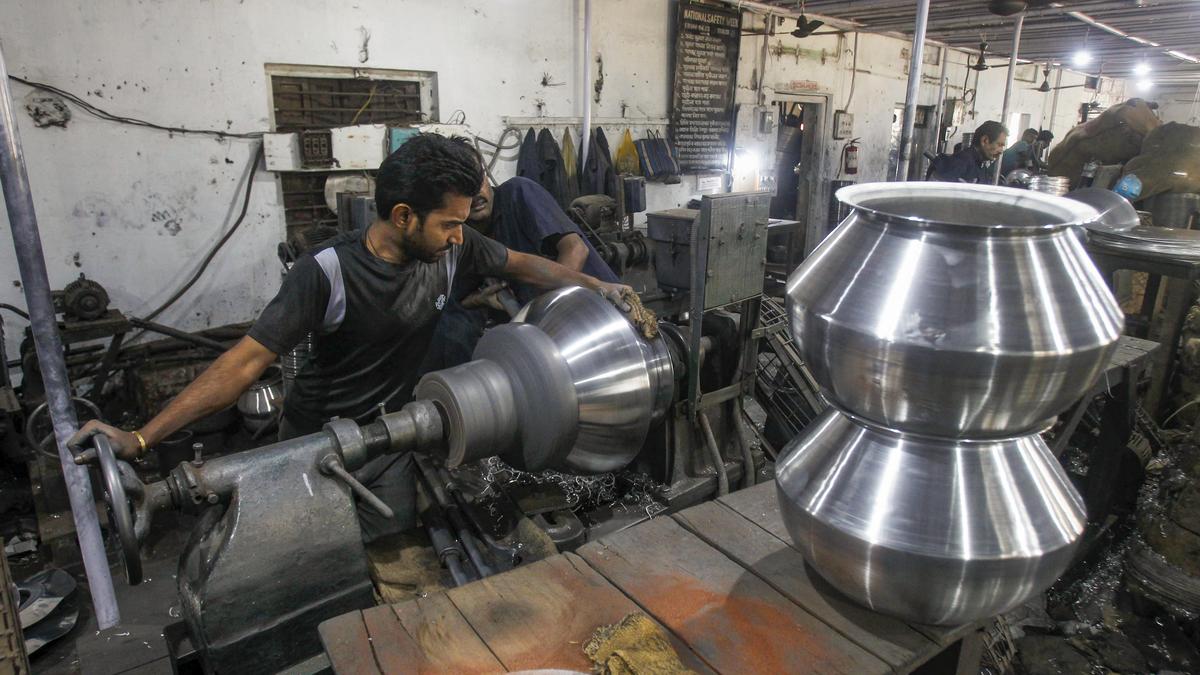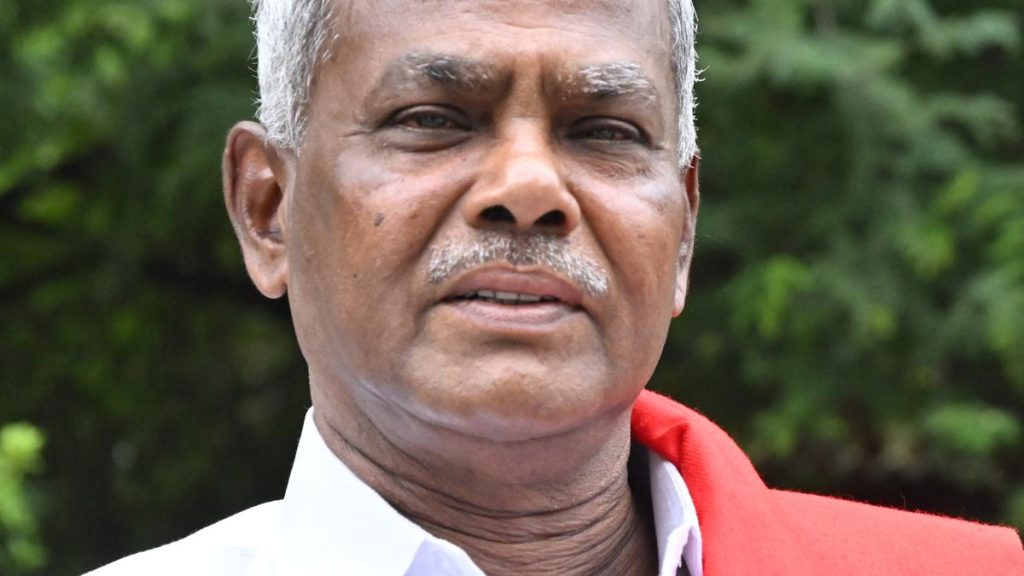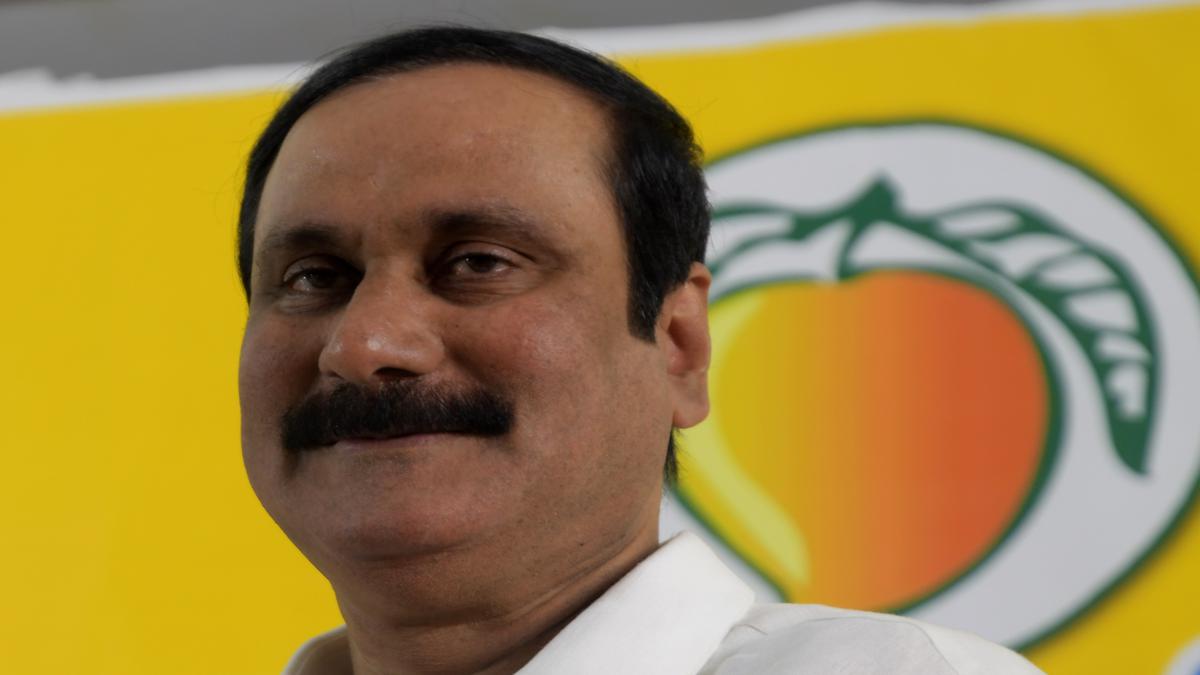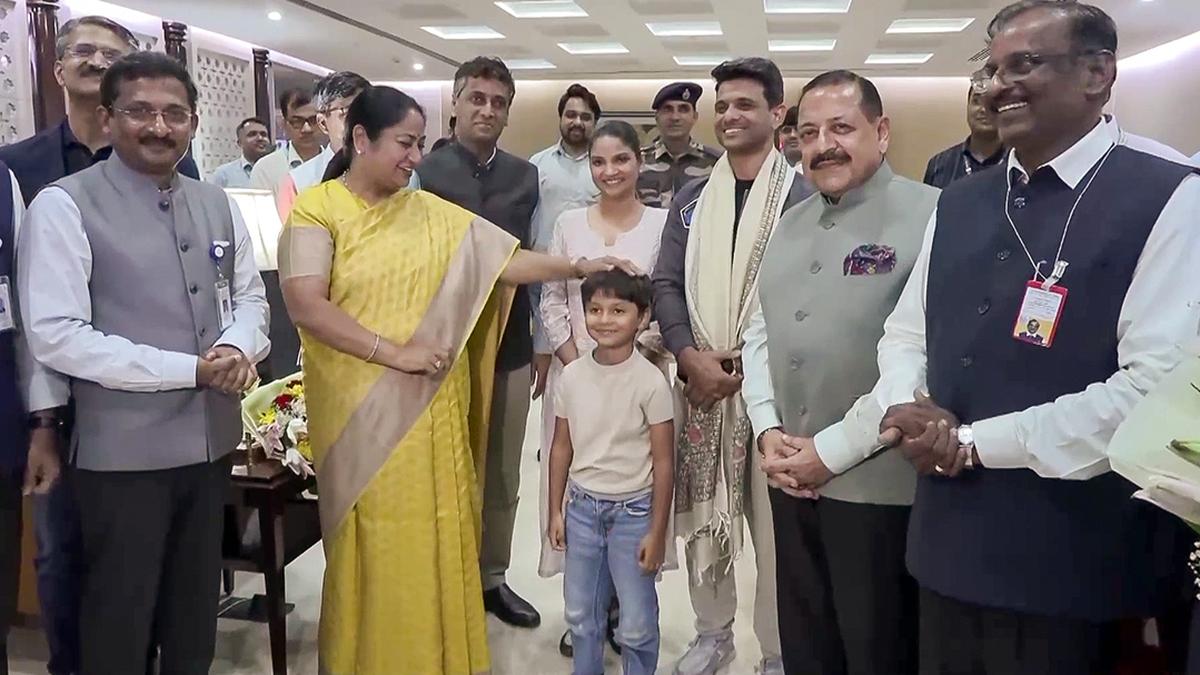Now Reading: Karnataka’s Aluminium Industry Faces Global Challenges Amid US Tariffs
-
01
Karnataka’s Aluminium Industry Faces Global Challenges Amid US Tariffs
Karnataka’s Aluminium Industry Faces Global Challenges Amid US Tariffs

Quick Summary
- Industry Concerns: Karnataka’s aluminium extrusion industry is facing challenges from global headwinds such as raw material price volatility, high energy costs, and a 50% tariff imposed by the U.S. administration.
- Under-utilization of Capacity: India has an installed production capacity of 3.5 million tonnes per annum for aluminium extrusion but only utilizes around 2 million tonnes due to competition from cheaper imports.
- Key Players in Karnataka: Bengaluru-based Jindal Aluminium Limited (the largest aluminium extrusion company in India), along with Hindalco and Bhoruka Group, are key contributors to the sector in Karnataka. Hundreds of MSMEs also operate across multiple industries like construction, electric mobility, aerospace, and renewable energy.
- Karnataka’s Contribution: The state produces over 10% of India’s total annual output (1,079,875 metric tonnes), aided by government initiatives like Smart Cities Mission and clean energy programs.
- market Growth Projections: India’s aluminium extrusion market was valued at $3.51 billion in 2024 and is projected to reach $4.61 billion by 2030 at a CAGR of 4.5%.
- Proposed Safeguards & Advocacy: The Aluminium Extrusion Manufacturers Association of India (ALEMAI) advocates for safeguards in Free Trade Agreements with Far East nations to reduce dependency on imports.
- Upcoming Expo ALUMEX India 2025: Scheduled from September 10-13 in New Delhi with sessions focusing on sustainable practices, government support for MSMEs, green technology localization, business partnerships, and emerging global trends.
Indian Opinion Analysis
The challenges faced by Karnataka’s aluminium extrusion industry highlight broader systemic issues impacting India’s manufacturing competitiveness globally-such as high tariffs abroad combined with domestic under-performance due to cheap imports. Karnataka’s strategic importance as a growing hub for this sector underscores its critical role within national industrial frameworks aimed at improving export potential.
Efforts like ALUMEX India 2025 aim not only to address these structural problems but also emphasize innovations designed to enhance sustainability within the sector-aligning well with the long-term goals outlined under green economy drives nationally. However, ensuring that FTAs protect domestic producers without alienating established trade partners will require a well-considered balancing act between policy measures that encourage fair competition while supporting export-driven growth.

























